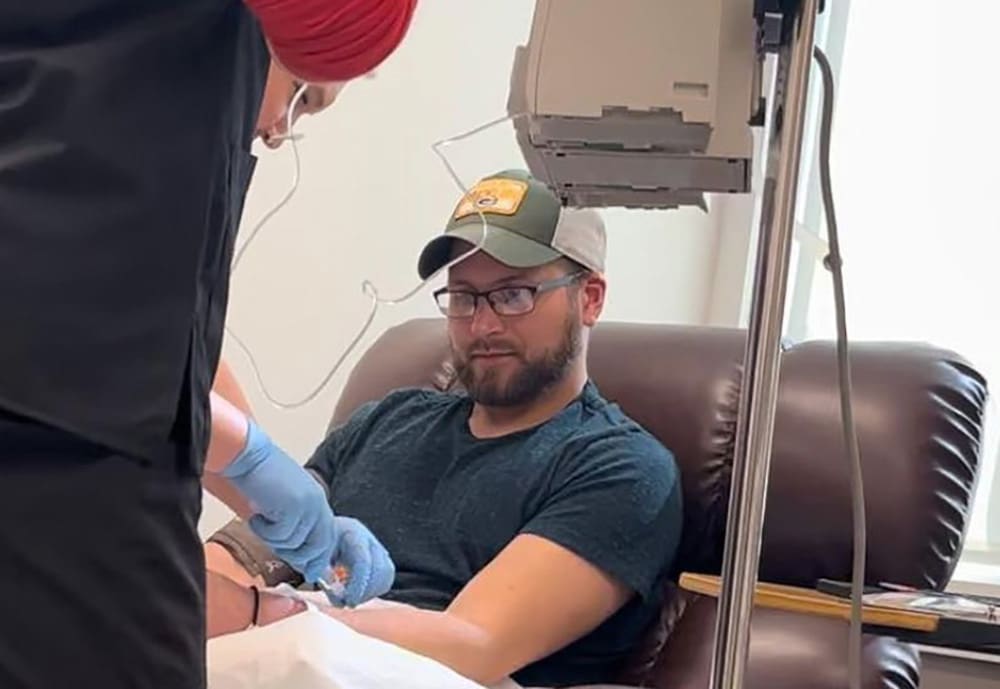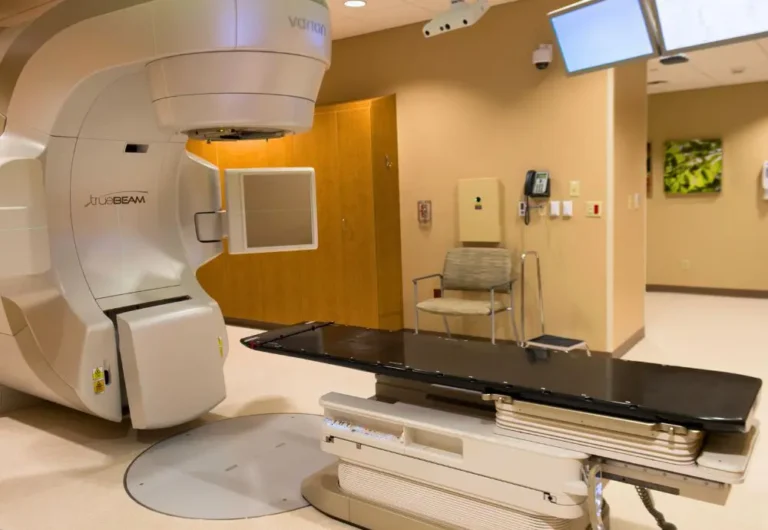Gene therapy represents a groundbreaking advance in medical science, offering a beacon of hope for individuals with hemophilia and other genetic conditions. For hemophilia patients, gene therapy could mean freedom from frequent treatments and a significant reduction in bleeding episodes. This article explores what gene therapy is, its benefits for those with hemophilia, common questions, and where this cutting-edge treatment is available.
What Is Gene Therapy?
Gene therapy involves introducing a functional gene into the body to replace or supplement a faulty one, often using a viral vector as a delivery system. This approach aims to address diseases caused by genetic mutations. In hemophilia, patients typically lack essential clotting proteins—factor VIII or factor IX—due to a genetic mutation. Gene therapy uses adenovirus vectors to deliver a copy of a working gene (transgene) into liver cells. These cells then produce the missing clotting factor, potentially transforming patients’ lives.
How Does Gene Therapy Help Hemophilia Patients?
Hemophilia gene therapy is a one-time infusion designed to:
- Improve Quality of Life: By increasing levels of clotting factors, patients may no longer need regular prophylactic infusions, significantly reducing the burden of care and the risk of spontaneous bleeding episodes.
- Reduce Bleed Rates: Studies show lower bleed rates among patients receiving gene therapy compared to those relying on standard prophylaxis.
- Enhance Independence: Patients can enjoy activities and travel without worrying about carrying clotting factor supplies, self-infusing, or managing frequent treatments.
Even for those who transition from severe to moderate or mild hemophilia, the impact can be life changing. Mild cases often do not require routine prophylaxis and bleed only after significant trauma or surgery.
Is Gene Therapy a Cure for Hemophilia?
While gene therapy can dramatically improve clotting factor levels, it is not considered a cure. Clinical trials have shown durable responses for most patients over five years, but some may experience a decline in response over time. Continued monitoring ensures optimal outcomes as we continue learning about gene therapy’s durability. Gene therapy has only been used to treat hemophilia outside of clinical trials since 2023.
Who Is Eligible for Gene Therapy?
Eligible candidates for hemophilia gene therapy must:
- Have healthy liver function.
- Lack antibodies against the adenovirus vector used in the treatment.
- Be motivated and reliable in following post-treatment monitoring protocols.
Comprehensive evaluations determine whether a patient meets these criteria before they can consider gene therapy.
What Are the Risks of Gene Therapy?
Gene therapy is generally safe, but like any medical treatment, it has potential risks, including:
- Liver Inflammation: Often treated with steroids if it occurs.
- Unknown Long-Term Effects: Theoretical risks, such as cancer, are closely monitored.
- Treatment Failure: Some patients may not respond due to pre-existing antibodies or other factors.
How Is Monitoring Handled Post-Treatment?
Patients undergo close monitoring after gene therapy, with weekly lab tests initially, tapering to monthly visits. Long-term follow-up ensures any complications are promptly addressed.
Where Is Gene Therapy for Hemophilia Available?
In Northeast Wisconsin, the Hemophilia Outreach Center (HOC) in Green Bay and its outreach clinic in Wausau are leading the way in gene therapy. The team there administered the first gene therapy treatment for hemophilia in 2023, after it was approved by the FDA in 2022. Since then the HOC has administered gene therapy to five hemophilia patients including David Novak, the first Wisconsin resident to receive gene therapy treatment for hemophilia A.
The Broader Implications of Gene Therapy
Gene therapy’s success in hemophilia is part of a broader revolution in medicine. Researchers are investigating its potential for treating conditions like spinal muscular atrophy, cystic fibrosis, sickle cell disease, and rare eye disorders. Each advance in this field brings new hope for tackling diseases once deemed incurable.
For hemophilia patients, gene therapy is more than a treatment—it’s a leap forward toward independence and improved quality of life. If you or a loved one is considering gene therapy, consult a specialist at the Hemophilia Outreach Center to explore your options and take part in this exciting medical frontier.









